
29-03-2024 by Freddie del Curatolo
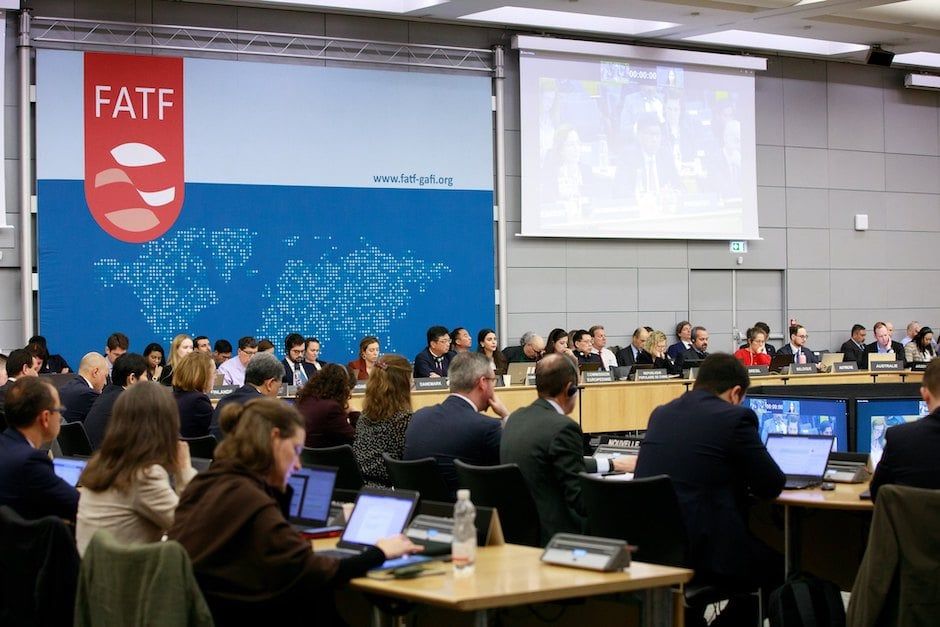
Kenya was recently placed on the so-called 'grey list' of international countries that are considered to be at risk due to the weakness of their security measures against money laundering and terrorist financing.
The Financial Action Task Force (FATF), which is the world's standard-setting body for combating money laundering and the financing of terrorism and weapons of mass destruction, has questioned the ability of Kenya's financial and supervisory institutions to effectively identify and solve financial crimes.
There are several standards that must be met in order not to be 'downgraded' to the grey list, where to speak of Sub-Saharan African nations, Uganda has stood for many years and Namibia joined Kenya this year. Kenya is familiar with these minimum requirements, already being a member of the Eastern and Southern Africa AML Group, a regional body associated with the International Financial Action Task Force, which decides the parameters.
Kenya's mutual evaluation reports revealed a number of strategic shortcomings. For example, the Kenyan government has not taken adequate measures to investigate and prosecute money laundering and terrorist financing crimes or to assess and mitigate the crime risks associated with crypto assets. As a result, it has been placed in an 'observation' status for a year and subjected to monitoring.
On the one hand, this is positive news, because the tendency is to help the African country solve its problems and conform to countries that have been applying measures in this direction for years.
So the grey list inclusion also includes technical assistance and other tools to help Kenya improve its security levels.
As a first backlash, however, the market inevitably tends to react negatively to this decision. First of all, multinationals and large corporations will for a time show distrust towards the Kenyan market, acquisitions, mergers and in general complex financial transactions that bring together Kenyans and other countries, including the European Union. This may affect the lowering of GDP and have other side effects on the economy.
Controls and new regulations slow down the pace of business, increase transaction costs and can even threaten trade agreements and relationships. Even development aid can be penalised.
As far as Italy is concerned, private individuals also see their ability to move money, for example between banks, reduced. With transactions of EUR 5,000 or more, the banks are obliged to carry out checks, such as collecting and verifying more information on the customer and his funds. Above 15,000 euro, a report to the revenue agency is triggered.
Non-profit organisations will also be required to review their regulatory framework to ensure that mitigation measures are risk-based and do not disrupt or discourage the activities of legitimate organisations themselves.
Kenya will now have to make itself available to overcome this limitation and from this point the current government's anti-corruption fight bodes well. Nothing is final, countries on the grey list can in a short time, if they follow a virtuous process, re-enter the band defined as safe.
And a growing country and a coveted market like Kenya can and absolutely must do so. Otherwise, from grey to black is an instant.
ENVIRONMENT
by redazione

The policy of recycling and disposing of plastics implemented by Rwanda, Kenya and now also Tanzania is also influencing the ...
NEWS
by redazione
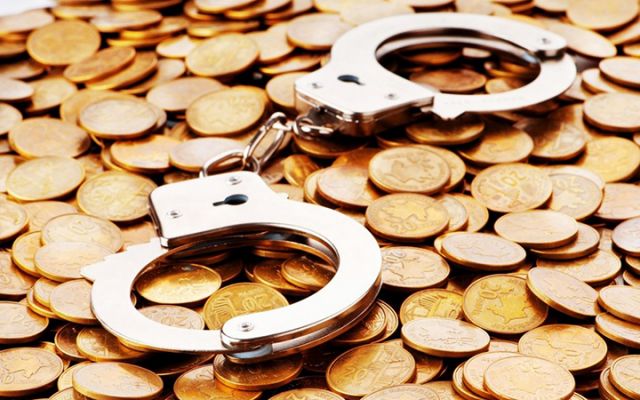
The name is Africa Academy for Tax and Financial Crime Investigation, the partnership created between Germany, Italy and Kenya on 13 June in Berlin, under the supervision of the International Organization for Economic Co-operation and Development (OECD).
RULES
by redazione
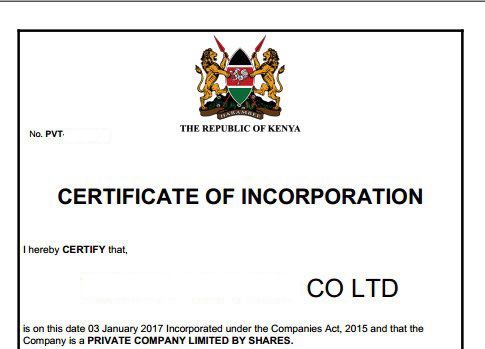
6 MONTHS DELAY FOR the new rule in the Kenyan government's anti-corruption drive requires all companies duly...
NEWS
by redazione

The Kenyan parliament has passed the Kenya Separate Waste Collection Act, and if President Kenyatta puts...
NEWS
by redazione
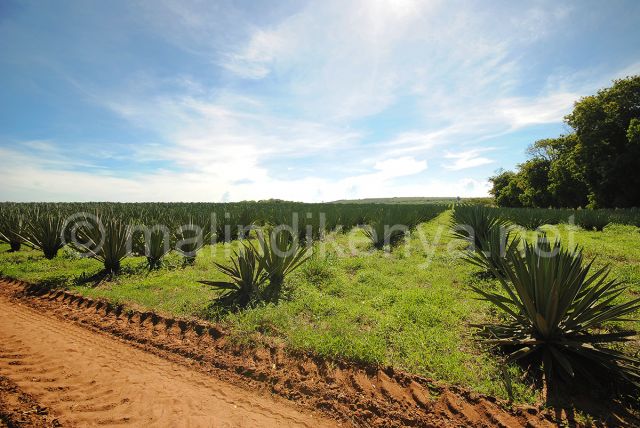
Kenya's sisal export earnings jumped six per cent in the first quarter of this year compared to the previous...

The Commission office Ethics and Anti-Corruption (EACC) for the North Coast of Kenya inaugurate the office in Malindi.
It was the Deputy Director General of the Commission, Michael Mubea, to formally open the seat, after a week of awareness in...

John Le Carré, well-known and appreciated writer of "spy stories" with social implications, has set his novel "The Tenacious Gardener" in Kenya, between the banks of Turkana and the slums of Nairobi.

Kenya is trying again to fight corruption by fielding the president's men who have shown seriousness an...
NEWS
by redazione
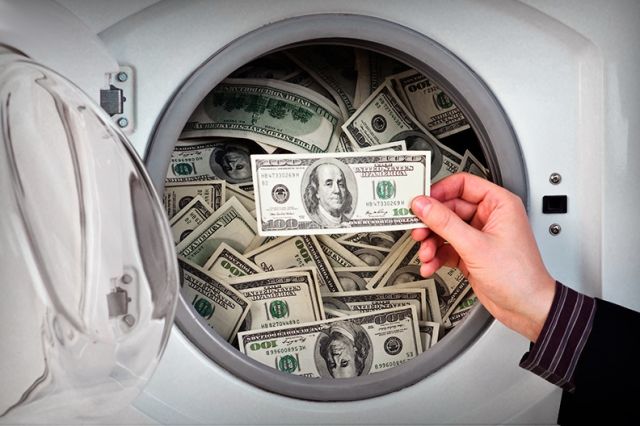
Kenya is a country where it is definitely worth investing its economic resources to make them pay...
ANTICORRUPTION
by redazione
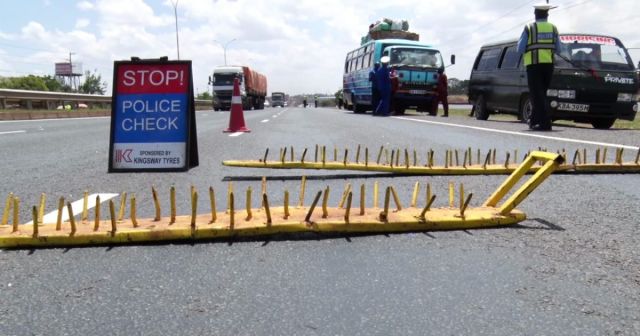
Kenya's Supreme Court has given the order to speed up paperwork for the introduction of...
NEWS
by Freddie del Curatolo

From an Italian multinational company that decided to invest in Kenya comes an important aid to ...